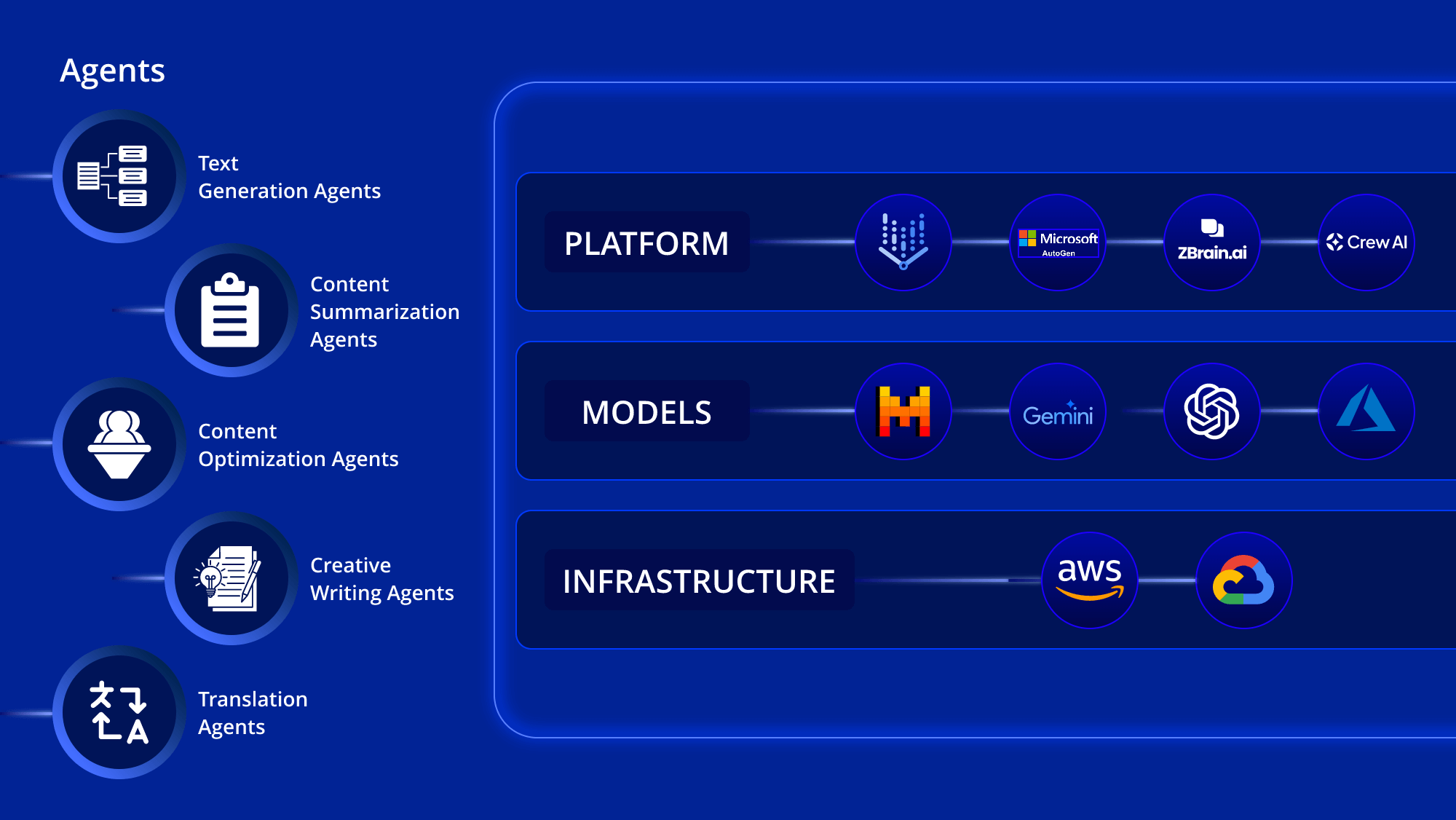AI Agents: Revolutionizing the Digital Landscape

AI Agents: Revolutionizing the Digital Landscape
Introduction
AI agents are transforming the digital world by enhancing automation, efficiency, and intelligent decision-making. These advanced systems are pivotal in sectors such as customer service, healthcare, finance, and marketing, driving unprecedented growth and innovation.

Source: Imaginary Image Generation
Understanding AI Agents
AI agents are sophisticated software programs designed to perform tasks autonomously using machine learning and data analytics. They interpret vast amounts of data, make informed decisions, and optimize various processes across industries.
Key Applications of AI Agents
- Customer Support: Provide real-time assistance and personalized service.
- Healthcare: Assist in diagnostics and manage patient data efficiently.
- Finance: Automate trading, risk management and fraud detection.
- Marketing: Analyze consumer behavior to tailor marketing strategies.

Source: Creating SEO-Friendly Content with AI
Benefits of AI Agents
- Efficiency: Automate repetitive tasks, freeing human resources for more strategic initiatives.
- Accuracy: Minimize errors through precise data analysis and decision-making.
- Scalability: Adapt seamlessly to increasing workloads.
- Cost-Effectiveness: Streamline processes and reduce operational costs.
Challenges and Ethical Considerations
While AI agents offer numerous benefits, they also raise concerns regarding data privacy, algorithmic bias, and integration complexities. Transparency and ethical considerations remain paramount for sustainable implementation.
The Future of AI Agents
The promising future of AI agents includes advancements in natural language processing, predictive analytics, and enhanced human-agent collaboration, which will further personalize and optimize services across industries.

Source: AI Agents for Content Generation
Conclusion
AI agents are reshaping the technological landscape, offering unprecedented opportunities for innovation and efficiency. As they become more integrated into everyday life, they will play a crucial role in driving industry innovation and societal transformation.


